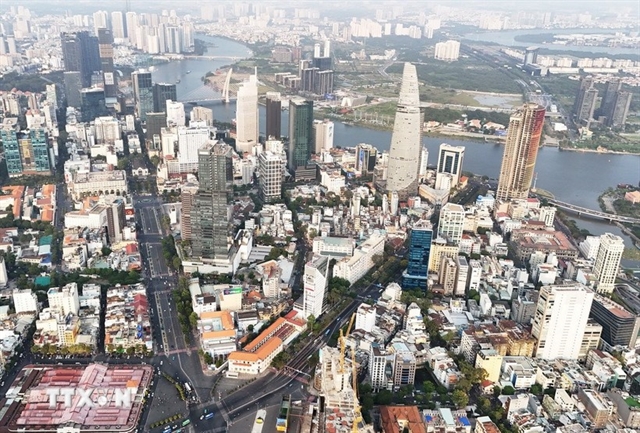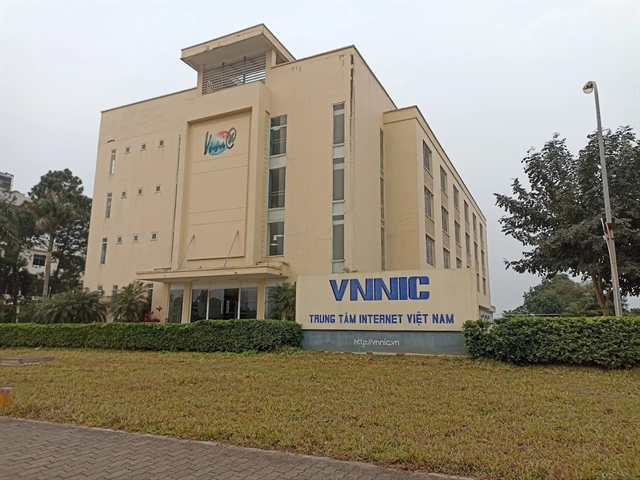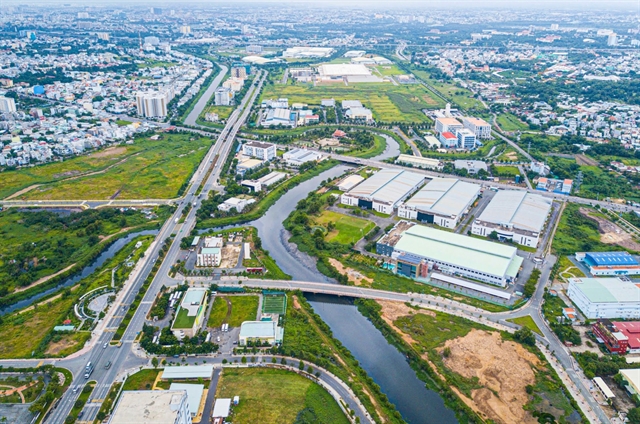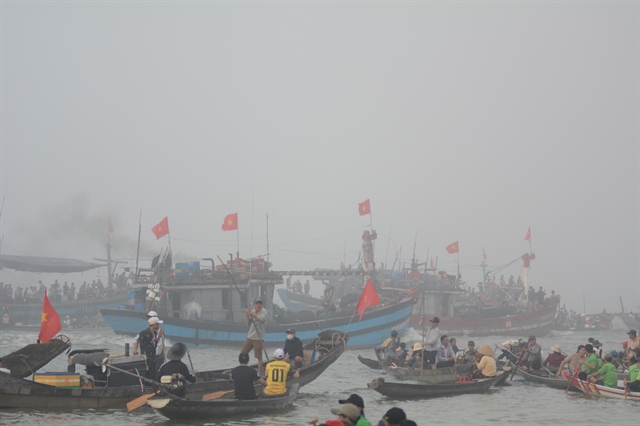 Society
Society

A typical morning in Dốc Mơ Farm starts with fresh bamboo charcoal toothpaste by the spring, before the residents wash their clothes using soap berries, all grown in their garden.
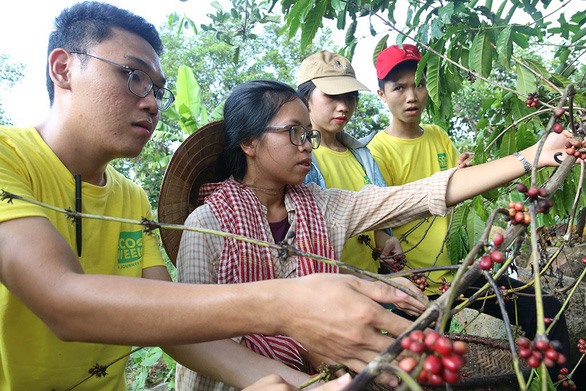 |
| Students of HCMC University of Economics visit and practice natural farming at Dốc Mơ Farm. — Photo tuoitre.vn |
Tường Hân
ĐỒNG NAI — A typical morning in Dốc Mơ Farm starts with fresh bamboo charcoal toothpaste by the spring, before the residents wash their clothes using soap berries, all grown in their garden.
Established in October, 2015, Dốc Mơ Farm in Thống Nhất District, the southern province of Đồng Nai is the common home of 20 young people who left their urban lives behind to pursue the dream of natural farming.
Natural farming is an ecological farming approach introduced by Japanese philosopher Masanobu Fukuoka. In Việt Nam, this method has attracted a lot of attention via Fukuoka’s book entitled The One-straw Revolution which was published in 1975.
Having left behind city life three years ago, Lại Hồng Vy, 27, has more than 12,000 followers on Facebook, where she publishes stories of eating healthily, living sustainably and reducing waste.
As farmers at Dốc Mơ, Vy and her husband grow vegetables, breed chickens and raise fish.
They have learned to make food and plant herbs. They spend their free time writing, doing craftwork and other hobbies.
“Leaving the city to start cultivating was not an easy choice,” Vy told Tuổi trẻ (Youth) newspaper.
Fortunately, it was the right choice, as Vy the farmer says she’s now healthier and happier.
The transformation started with VNĐ20 million (US$860) which they used to set up a shelter with a solar panel, just enough for lighting, charging electrical devices and keeping them connected with the outer world.
Without an air conditioner or electric fan, on hot summer days they simply take the roof off the shelter to cool down.
Vy’s husband made all the furniture by himself, from the bed to cupboards.
“I don’t want to leave a dune of waste once we leave to other places or die,” Vy said at a seminar on consumerism at HCM City University of Economics in October.
Therefore, whenever planning to buy or throw away anything, they always consider the impact of their action on the environment.
“The longer you stay away from nature, the harder it is to come back,” Vy said.
“It’s not easy to give up some habits like limiting the use of plastic straws or bags.
“I realise that to live eco-friendly is a choice. Only when you feel comfortable and happy with it, people around you can also feel a vibe that motivates them to change,” she added.
Living beautiful – living green
Most Dốc Mơ Farm residents used to work in architecture, finance or agriculture and moved to the farm for a simpler, more natural life.
They plant trees, make organic fertiliser and are offered precious gifts by Mother Nature.
Phạm Ngọc Thọ from the Mekong Delta province of An Giang was an architect for a decade before moving to Dốc Mơ Farm.
“By using chemicals, we are plundering the nutrients of the soil. However, enriching soil takes a lot of time and affects the income of farmers. We are researching effective farming on impoverished soil,” he said.
At Dốc Mơ Farm, except for rice, sugar, salt and fish sauce, they can produce enough food for residents and even visitors.
It’s the food and visitors that fund the farm, as they sell their produce for higher prices than normal and allow tourists to visit for a fee.
The gardens are intercropped to prevent diseases and beneficial insects are nurtured to keep the ecology balanced.
“Here, we are searching for the most suitable way to farm, not the most profitable to earn money,” Thọ said.
To spread the idea of respecting nature, the farm welcomes students to visit and learn about plants, insects, farming methods as well as hospitality and cuisine services.
“When becoming more responsible, we know it is not necessary to level a whole forest to grow rice or coffee. We humans can still live well in harmony with the nature,” said Nguyên, a Dốc Mơ farmer who wished to remain anonymous.
To go against social norms was not easy for Vy at first, but she believes one can bring happiness to others when they feel happiness from within.
“I had to be in the rat race in both Hà Nội and HCM City to realise that being a farmer is the best fit for me. If you feel content living in cities, stay. If you want to live in the countryside, go ahead. However, I know that a lot of people are unhappy with their urban lives but they don’t know where to go or don’t dare to make a move,” she said. — VNS

